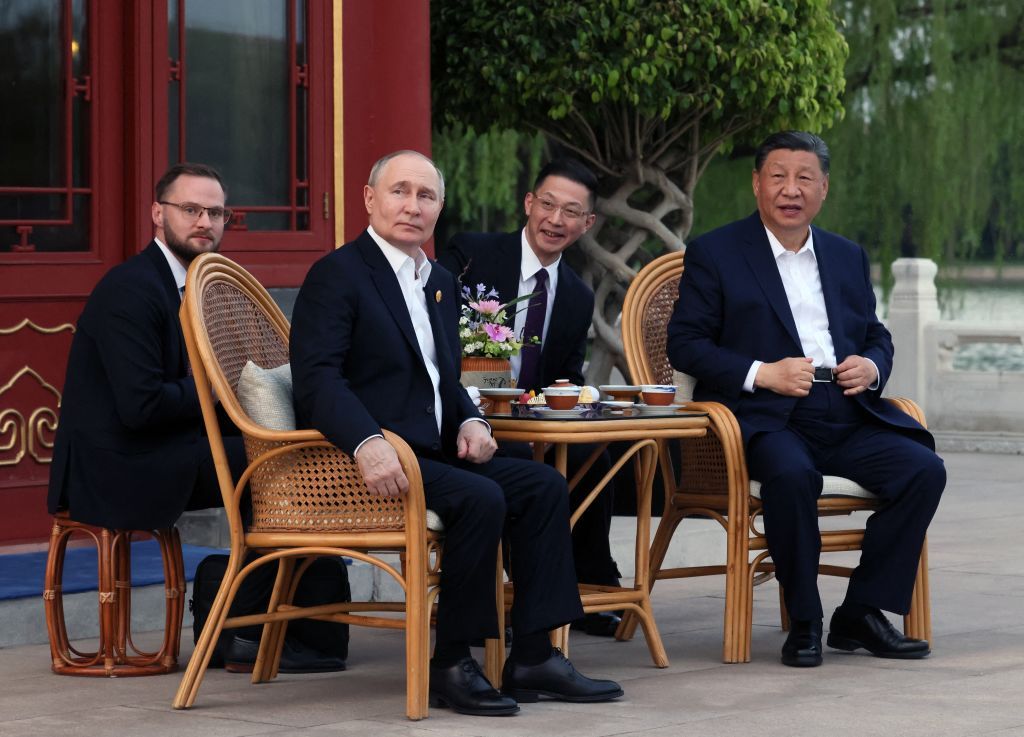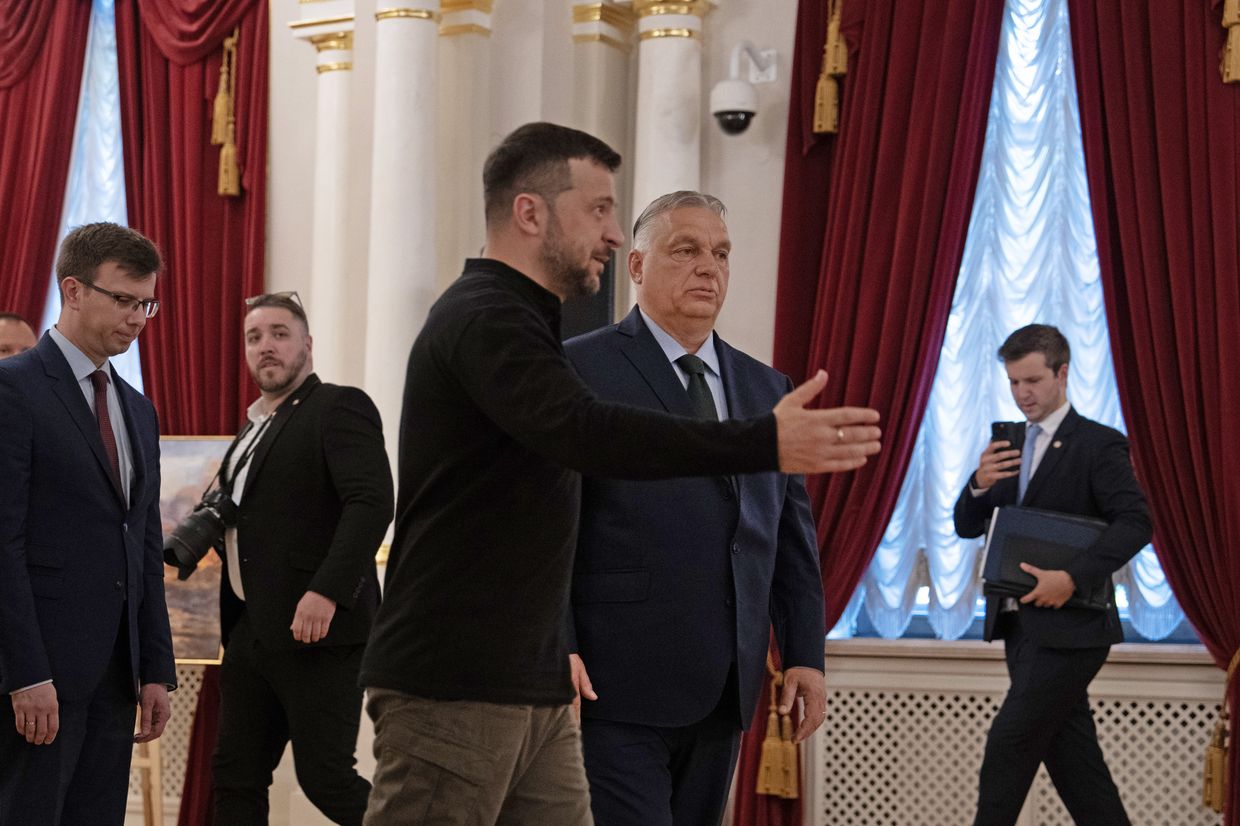Western officials condemn Russian mass attack on Ukraine ahead of NATO summit

Editor's note: This is a developing story and is being updated.
Ambassadors of Germany, Austria, and the U.S. condemned Russia's mass morning attack against Ukraine on July 8 that killed nearly 30 people and wounded around 90 on the eve of the NATO Summit in Washington.
Kyiv, Dnipro, Kryvyi Rih, Sloviansk, Pokrovsk, and Kramatorsk came under attack when roughly 40 Russian missiles were launched at Ukraine. Among the targets was the Okhmatdyt hospital, Ukraine's largest children's medical center.
"This callous aggression - a total disregard for human life, jeopardizing European & Transatlantic security - is why leaders will make significant security commitments to Ukraine this week," U.S. Ambassador Bridget Brink said on X.
Ukraine's Presidential Office head, Andriy Yermak, said that by committing this mass attack on Ukraine, Russia is "trying to intimidate the world before the NATO summit," reiterating that Moscow is committing genocide against Ukraine.
"(Russian President Vladimir) Putin believes that hitting our children should scare everyone and force the world to surrender. He shows that he can kill anyone he wants with impunity. The world has no right to remain silent," Yermak said on Telegram.
"There should be the strictest possible responsibility for the murders of people, for rockets on sick children. This is the only way to save our world."
Support for Ukraine is expected to be a key focus for this year's NATO summit, scheduled for July 9-11 in Washington. U.S. President Joe Biden may hold a bilateral meeting with Ukrainian President Volodymyr Zelensky during the summit.
Austrian Ambassador to Ukraine Arad Benko commented on the hospital strike, saying that his country "has supported this center for many years and many departments."
"This is an institution that cares for babies and children in need. The Russian attack is pure terror," Benko said in a post on X.
German Ambassador to Ukraine Martin Jaeger also reacted to the attack. "This is a war against civilians. This is Russia's willingness to negotiate and its desire for peace," he wrote.
The mass missile attack against Ukraine took place with several important political events in the background.
Zelensky arrived in Warsaw early on July 8 for a meeting with Polish Prime Minister Donald Tusk. They are expected to discuss defense assistance for Kyiv and Ukraine's recovery efforts and sign a bilateral security agreement.
As Russian missiles were hitting Ukraine, Hungarian Prime Minister Viktor Orban traveled to China to meet President Xi Jinping, days after his visits to Kyiv and Moscow. Orban, whose country took over the rotating presidency of the Council of the EU earlier in the month, called the visit to Beijing a third step in his "peace mission."
The two leaders reportedly exchanged "in-depth views" on the Russia-Ukraine war, with the Chinese president appreciating Orban's "peace efforts" and stressing the need for an early ceasefire. Both Kyiv and Moscow rejected an early ceasefire, saying it would only benefit the opposing side as a chance to regroup its forces.
The Hungarian prime minister's visit to Moscow and talks with Putin on July 5 sparked anger across the EU. European officials stressed that the presidency has no mandate to conduct any "peace missions" on the EU's behalf and that Orban's undertaking is a bilateral effort on Hungary's part.
Budapest has maintained close relations with Moscow throughout the full-scale war, obstructed sanctions against Russia, and criticized military aid to Kyiv, alleging that it merely "prolongs" and "escalates" the war.














